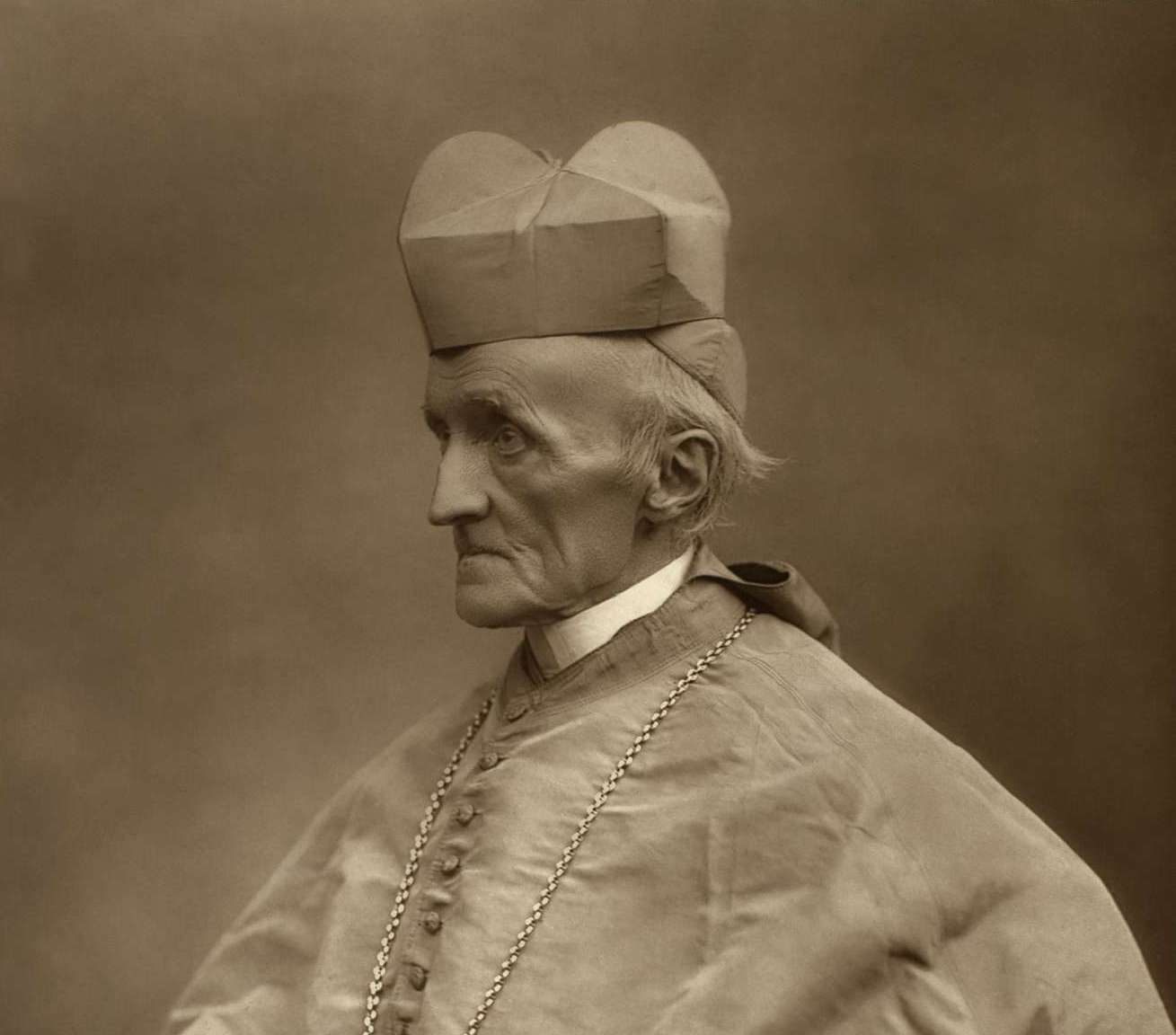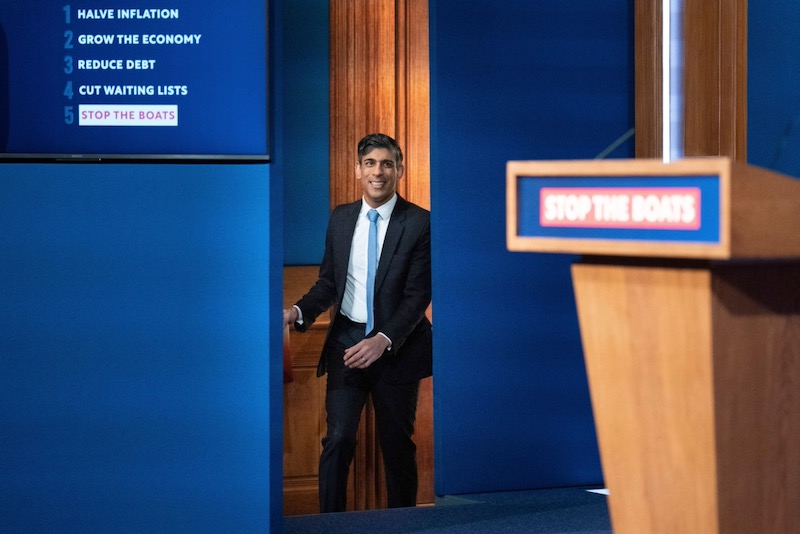Yesterday, the so-called Safety of Rwanda Bill had its second reading in the House of Lords. We are confronted, once again, with the brazen pursuit of a policy that will wreak further destruction on the lives of people who have already lost everything, been displaced from their homes, and done no more than seek safe haven on our shores. We also heard voices speaking up for those people, and defending their rights and dignity, and are reminded that it is ever more urgent to place human value at the centre of our political culture.
The Bill’s purpose is to enable the government to proceed with its scheme to forcibly and permanently transfer people seeking asylum here to Rwanda, without even considering their claims. It has come about because the Supreme Court found that Rwanda is not safe for refugees. Faced with uncomfortable evidence, this Bill simply states that the evidence is untrue, crafting a legal fiction to press ahead with a policy that was always both cruel and utterly unworkable. The civil servant tasked with planning it out found themselves unable to sign it off because there was insufficient evidence it would work. The then Home Secretary forced it through anyway with a ministerial directive. The Rwanda Scheme has never been about reality, it has been about demonstrating cruelty in a kind of political theatre that responds only to problems of the government’s own invention. Amid a cost of living crisis framed by the growing wealth of a few, politicians tell us that the real problem is a relatively small number of desperate people hoping and striving to rebuild their lives among us, and asking for our help. The solution to our problems, we might reasonably think, lies in a more just, more equitable society. The right response to refugees with no choice but to arrive via dangerous means on our shores is surely to offer them protection, and make it easier for them to access protection. Our politicians here insist the best response, on both counts, is to expend vast public money in building walls against refugees and forcibly sending them to another continent.
Against the backdrop of this demonstrative cruelty, another kind of political theatre has recently been at the forefront of discussions about the Rwanda Bill; what does it mean for the fortunes of different political parties, or for individual politicians’ careers? But this is not the real issue here. If enacted, even on a small scale, the Rwanda scheme would destroy the lives of human beings who ought to have a chance to heal and flourish in safety. Imagine their terror as they sit on the plane. Already, the prospect of being sent to Rwanda is causing deep and widespread distress amongst people seeking asylum, many of whom have fled war and torture. This is about human lives.
In yesterday’s debate, we heard many voices speaking up for those human lives, including from many Anglican bishops. The Bishop of London started from “a fundamental belief that all people are made in the image of God”. She went on to make the point that “People have an inherent immeasurable value and deserve dignity and respect. In the Bill, unfortunately, the value of people is consistently maligned.”
The Archbishop of Canterbury took a similar perspective, set in the wider context of recent anti-refugee laws, stating that “the way that this Bill and its cousin [the Illegal Migration Act]…work is by obscuring the truth that all people, asylum seekers included, are of great value. We can, as a nation, do better than this Bill.”
We can, and must. Though the Bill passed second reading in the Lords yesterday, by 206 votes to 84, we must continue to resist it. Another politics is possible.
Dr Sophie Cartwright is Senior Policy Officer, JRS UK



 Loading ...
Loading ...
What do you think?
You can post as a subscriber user ...
User comments (0)